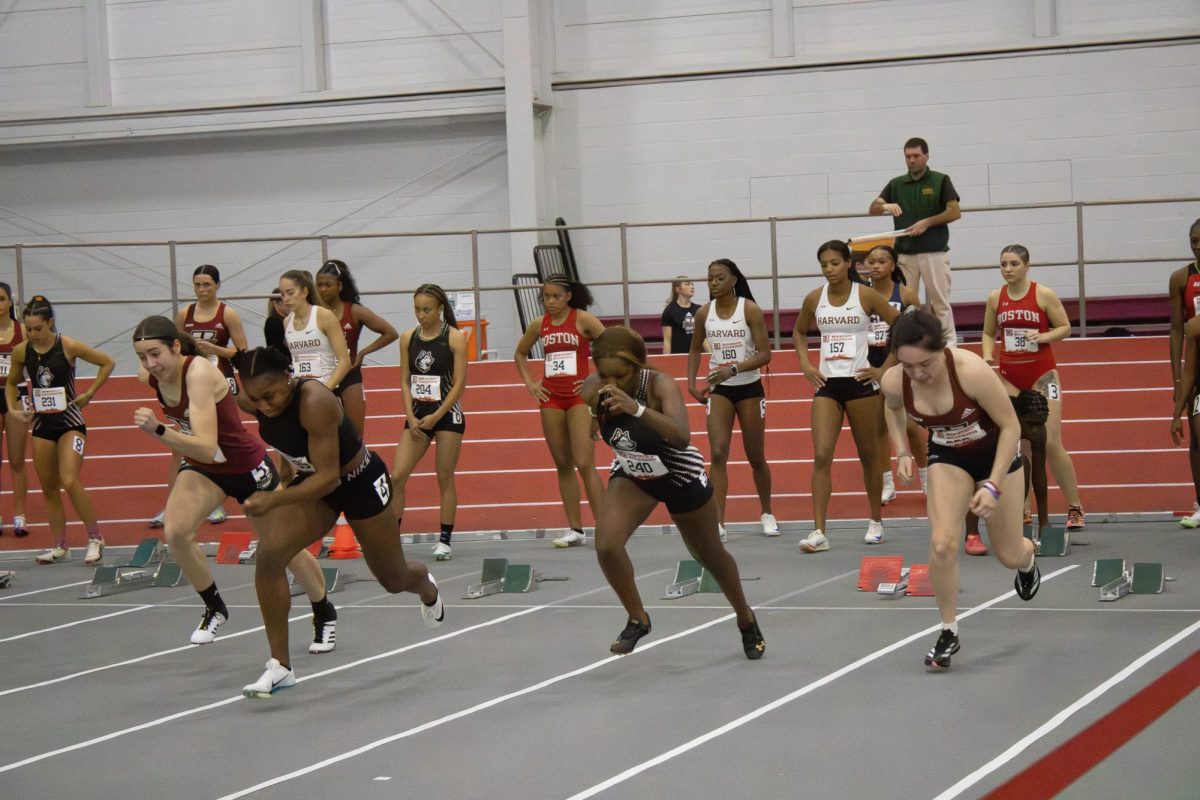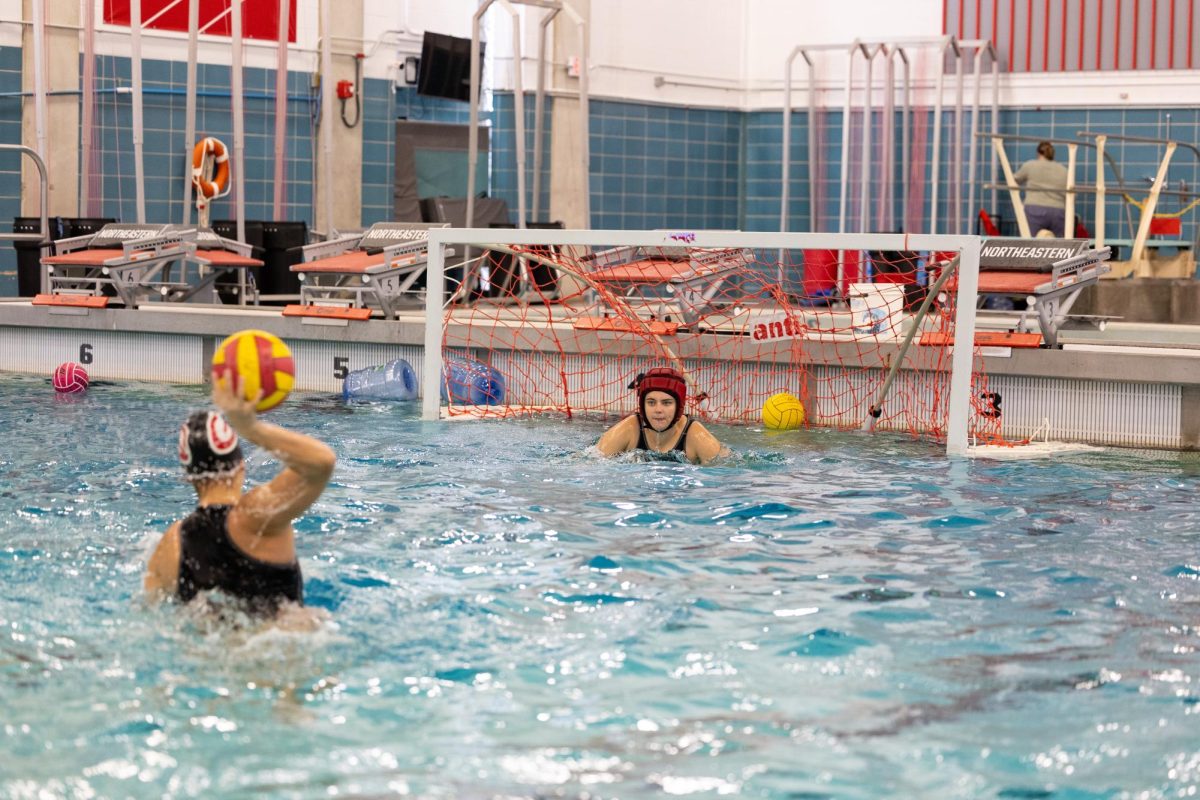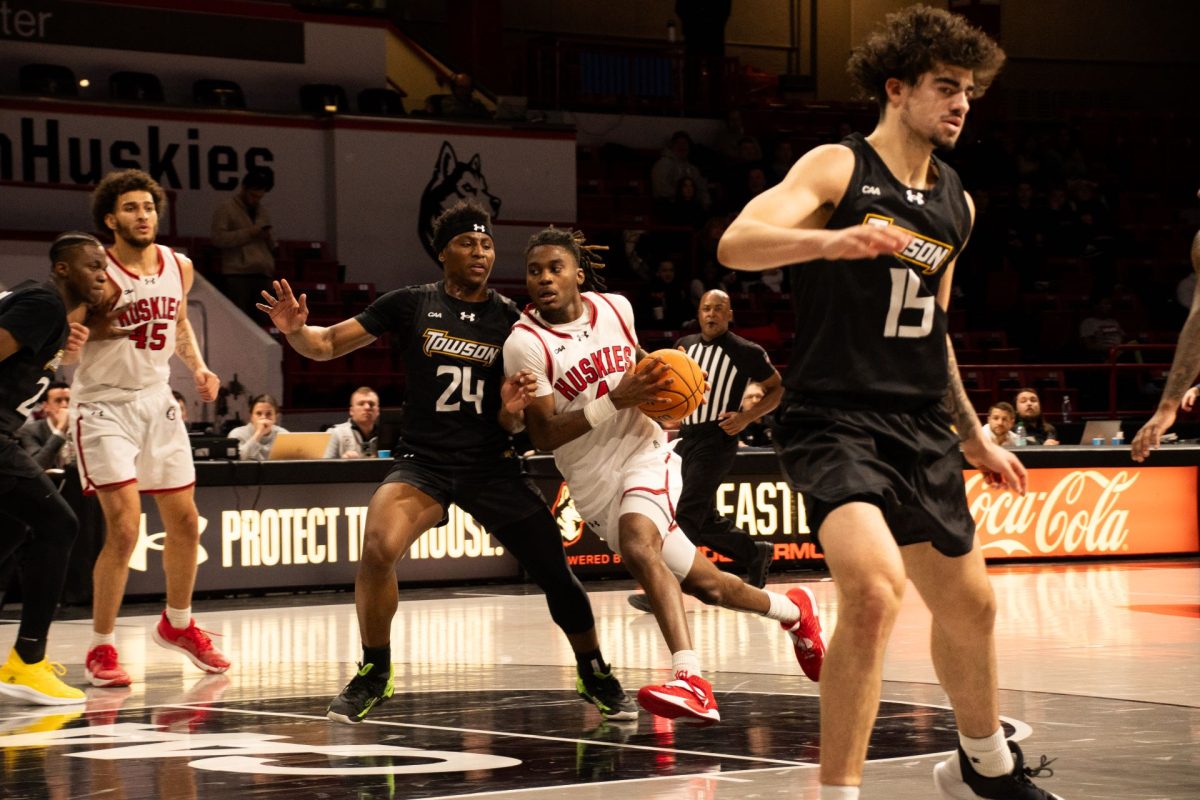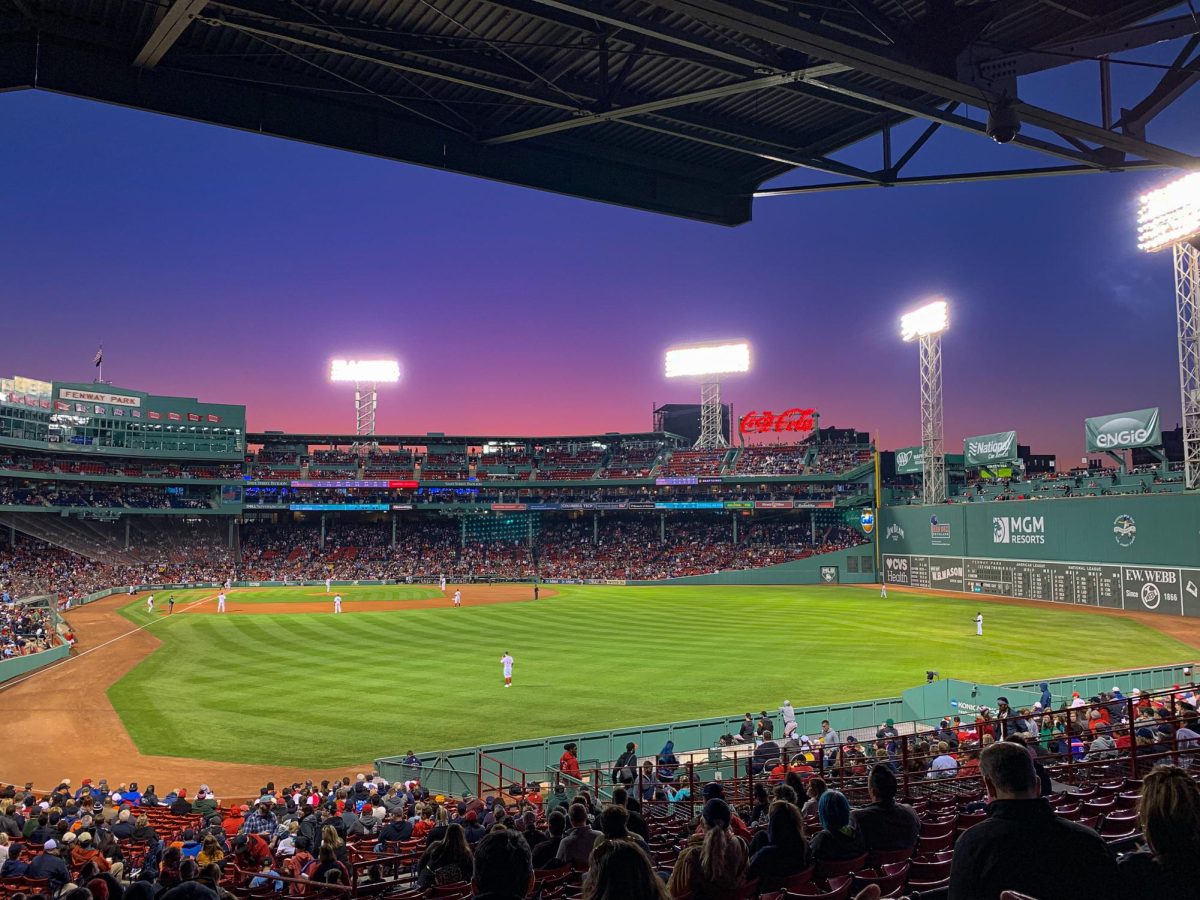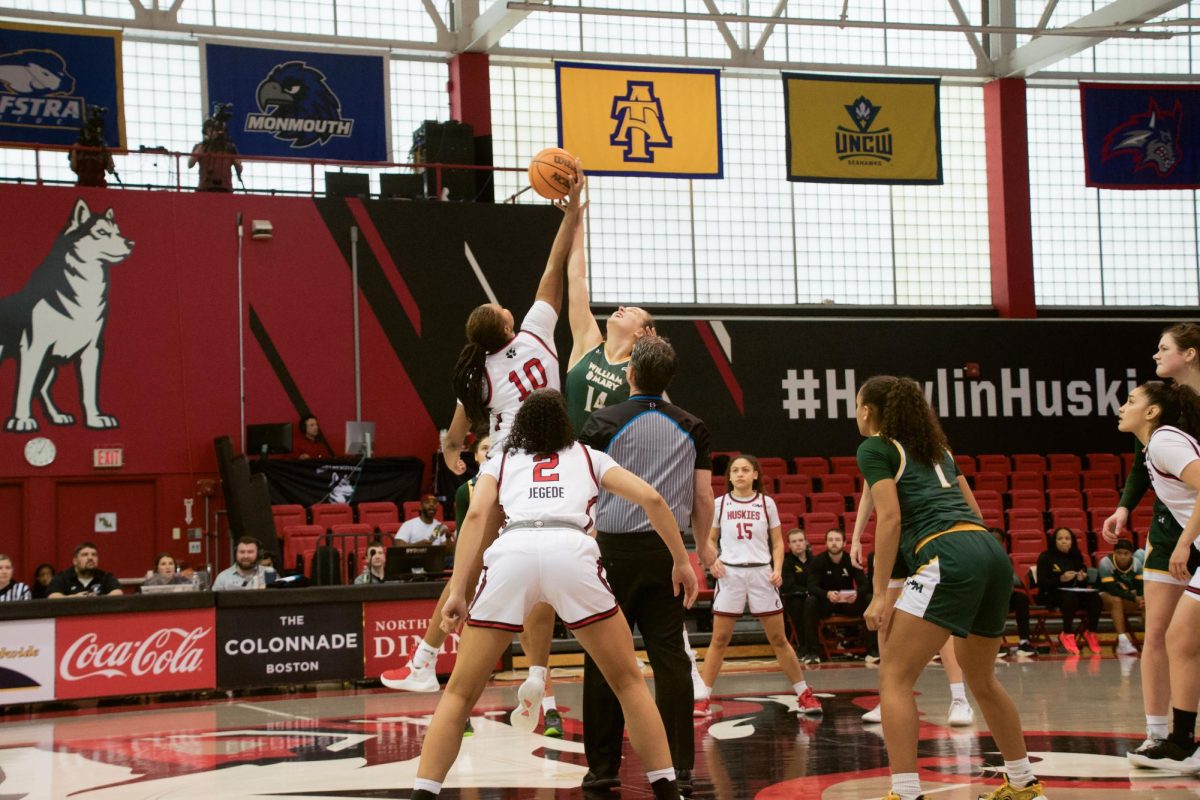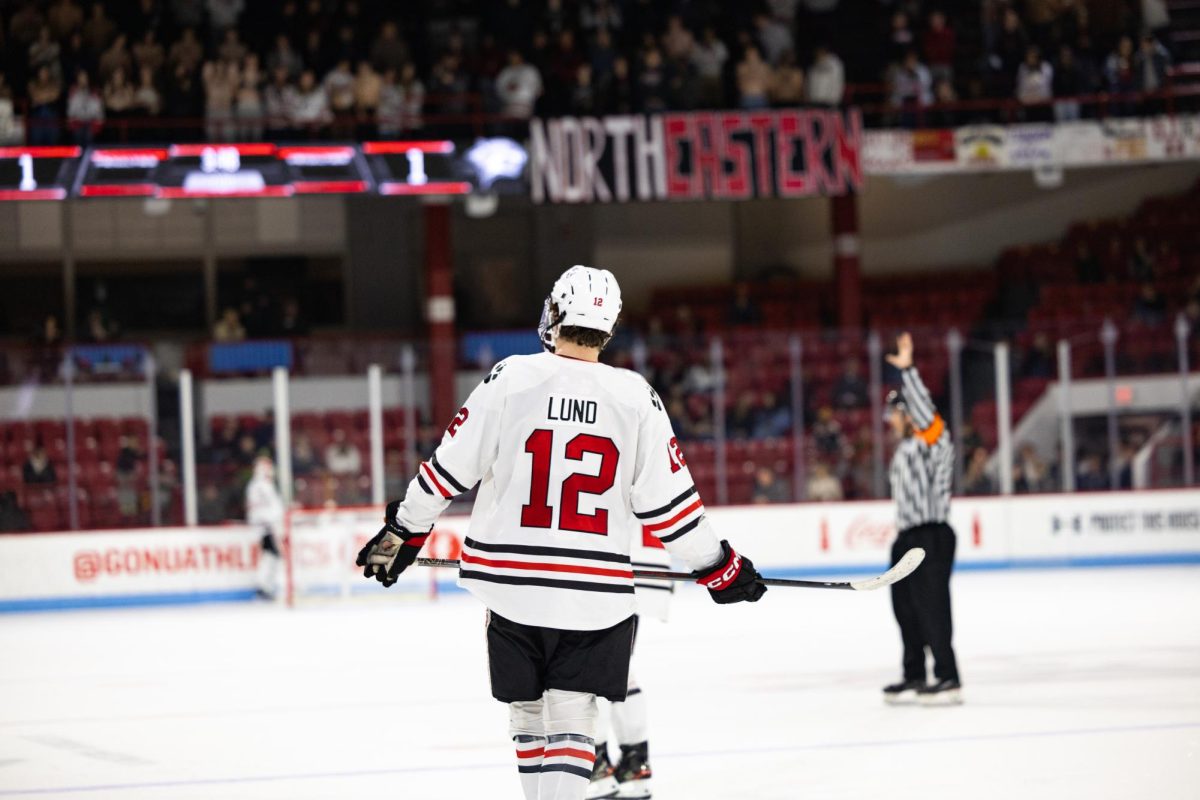Kyrie Irving of the Boston Celtics was recently slammed with a $25,000 fine from the NBA for “directing inappropriate language toward a fan.” This came after the fan probed Kyrie by addressing the sensitive subject of his departure from the Cleveland Cavaliers, asking “Where’s LeBron?” Of course, the whole incident was recorded by the perpetrator, posted online and circulated around as scandals do.
DeMarcus Cousins was hit with the same fine this week for responding to a fan who “dropped a couple F-bombs” and directed the middle finger toward Cousins. According to Cousins, a referee at the game even heard the fan saying disrespectful things toward him, but still handed him a technical foul once Cousins responded.
Irving and Cousins fell into the lose-lose situation that players face at every game in the NBA.
We have come to expect that fan bickering directed at players is simply a part of the game in an effort to get in their heads and throw them off. And only in the most extreme and racist cases do fans ever see any repercussions for what they say.
To counter, the player is always seen as a “hothead” or at fault if they regularly engage with fans who disrespect them. The concerted effort to avoid any hostile back-and-forths between fans and players comes from the league’s interest in doing anything to avoid a situation like the 2004 altercation that would become known as Malice at the Palace. In the Malice, NBA player Ron Artest –– followed by other players on the Indiana Pacers –– charged and assaulted multiple fans after a cup was thrown at him. Artest was suspended for the entire season, understandably.
While the NBA hasn’t seen anything close to that since, they have been strict in not allowing players to interact negatively with the crowd. So, the relationship became that hecklers can say almost anything and the NBA players have to be “grown men” and not respond.
The evolution of social media has only made the situation worse. Instead of receiving taunts from a nameless heckler in the crowd, players can be reached at all hours of the day from entirely anonymous people online. Former Celtics superstar Isaiah Thomas regularly jokes on Twitter that his “hating hours” are 9 a.m. to 5 p.m. on weekdays, closed on weekends.
“Haha hating hours are closed on weekends buddy LOL,” was Thomas’ Saturday afternoon reply to an NBA fan who criticized him.
Kevin Durant was crucified once it was revealed that he uses fake accounts on Twitter to respond to trash talkers online. But in my eyes, it humanized him. While it was hilarious that Durant responds to random Twitter users and once accidentally used his real account, it was just proof that NBA players do not have an immunity to trash-talk and do see what is said about them.
Heckling etiquette cannot be infallibly enforced, and no player can be expected to absorb every foul thing said to them during an 82-game season without retaliation. Both will continue and, done the right way, both can enhance the sport and can be encouraged. There was nothing better than hearing the boos rain down on Kobe Bryant whenever he was introduced at TD Garden, and any basketball fans know of the Reggie Miller game against. Spike Lee when he scored eight points in nine seconds after Lee’s heckling ignited him.
Trash talking will remain ingrained in sports, as it should, and there are plenty of respectable ways to get into players’ heads. So keep it clean, keep it classy and maybe Cousins won’t rack up another 17 technical fouls this season.



